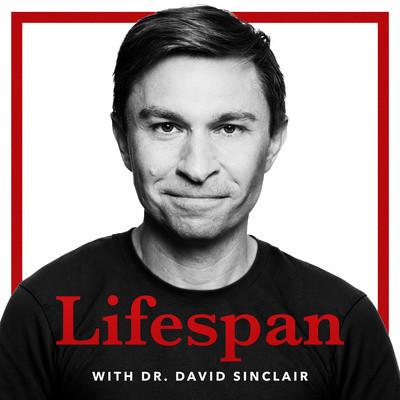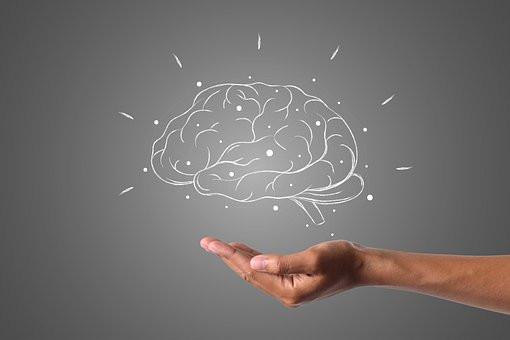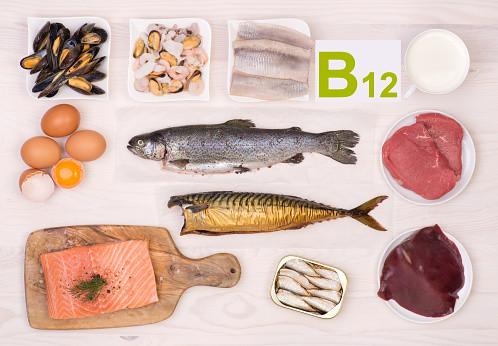The Science of Keeping the Brain Healthy | Episode 7
Curated from: Lifespan with Dr. David Sinclair
Ideas, facts & insights covering these topics:
9 ideas
·6.88K reads
49
1
Explore the World's Best Ideas
Join today and uncover 100+ curated journeys from 50+ topics. Unlock access to our mobile app with extensive features.
Dr David Sinclair's introduction
Dr David Sinclair is a professor of genetics at Harvard, a co-director of the Paul F Glenn Centre for Biology of Aging Research, and an author.
His research and biotech companies focus on understanding why we age and how to slow its effects.
85
1.14K reads
Why we age
The new idea of ageing is that it’s not just random stuff in your body going wrong. There’s actually a program that starts at birth. The Horvath clock or epigenetic clock is the biological clock that is ticking all the time. The clock is measured by the methylation of the DNA. A chemical called methyl is added to the DNA and it stays there and ensures that cells have their identity and play the right genes for the rest of your life.
What you do in your 20s and 30s will impact how healthy you are in your 70s, 80s, and 90. There are ways to work on ageing that can keep the whole body young.
98
929 reads
The brain ages different to the body
The brain age ages slower than the rest of the body. The brain has super protective mechanisms that keep the brain younger for longer.
After the age of 40, the volume of the brain reduces about 5% per decade. However, you can slow that process down and even reverse it later in life.
94
897 reads
Three main longevity factors that respond to adversity
- mTOR, responds to low amounts of amino acids, particularly leucine, isoleucine, valine.
- AMPK pathway. AMPK senses low energy, low glucose levels, and makes more energy, more mitochondria, boost NAD.
- Sirtuins. The sirtuins require a fuel called NAD that can be activated by certain chemicals. As we age, we make less NAD and burn more of t.
All three factors work together to protect the body. They turn up metabolism, burn fat, repair DNA, remove senescent cells, they lower inflammation.
102
788 reads
The role of sirtuins when it comes to ageing in the brain
While your body clock is ticking away, the loops and bundles of the DNA are getting messed up. When a cell is overstressed and damaged, the sirtuins have two jobs:
- They have to make bundles of DNA and ensure the cell has its identity. When the chromosomes break or you crush a cell, the sirtuins rush in to help repair the broken DNA.
- Sirtuins then have to reestablish that structure. They can put back 99.9% of those structures to how they were. But that .1% never goes back and accumulates over time. That is called ageing.
To mitigate that, we need to upregulate the sirtuins through NAD boosters.
98
617 reads
Autophagy
All three pathways play a role in autophagy (cleaning out damaged cells), but mTOR is the most potent. mTOR responds to insulin signalling and fasting. In response, it mobilises proteins to be recycled and made into new proteins when you’re hungry.
When we get older, we have misfiled proteins: In the eye, they’re called lipofuscin. In Alzheimer's, they’re plaques and tangles of proteins. To get rid of them, you need deep cleansing called chaperone-mediated autophagy.
Changing our diet ensures all three pathways are working.
99
579 reads
Diet and Exercise
A good Mediterranean-type diet protects the brain from ageing and can even reverse aspects of ageing in the elderly.
A Mediterranean diet includes olive oil in the diet, red wine, and very little red meat.
- Red wine has polyphenols that directly activate SIRT1.
- Olive oil has oleic acid, which is also found in avocados and can also directly activate the enzyme.
- Low levels of protein and a plant-based diet.
The Mediterranean diet mimics adversity. Your body has to work a bit harder to get everything it needs.
Aerobic exercise and walking improve cognition, particularly as we age.
105
625 reads
B vitamins and omega 3s
- If you eat a plant-based diet, supplement with vitB12, B6 and B3. These B vitamins ensure you have the methyls that control the DNA methylation clock.
- Low levels of B12 can cause deficiency and errors in DNA methylation and can accelerate heart disease and dementia.
- Omega-3s are building blocks of the brain. If you don't eat enough fish, consider supplementing to achieve proper ratios of omega-3: EPA:DHA.
- The brain needs fat to protect the brain from inflammation and damage.
108
612 reads
Other supplementation
- High blood sugar is bad for brain activity and leads to dysfunction in all tissue.
- Metformin has had good success in improving brain health.
- Taking 250mg of nicotinamide riboside (NR) daily will likely increase NAD and decrease inflammation.
- Nicotinamide mononucleotide (NMN) seems to be more effective than NR at improving vascular tissue
104
689 reads
IDEAS CURATED BY
Lance Sampson's ideas are part of this journey:
Learn more about personaldevelopment with this collection
The benefits of a bedtime routine
How to improve your sleep quality
How to create a relaxing sleep environment
Related collections
Similar ideas
5 ideas
3 ideas
Jordan Peterson with Robert Breedlove discussing fiat & bitcoin
Robert Breedlove
13 ideas
Read & Learn
20x Faster
without
deepstash
with
deepstash
with
deepstash
Personalized microlearning
—
100+ Learning Journeys
—
Access to 200,000+ ideas
—
Access to the mobile app
—
Unlimited idea saving
—
—
Unlimited history
—
—
Unlimited listening to ideas
—
—
Downloading & offline access
—
—
Supercharge your mind with one idea per day
Enter your email and spend 1 minute every day to learn something new.
I agree to receive email updates




